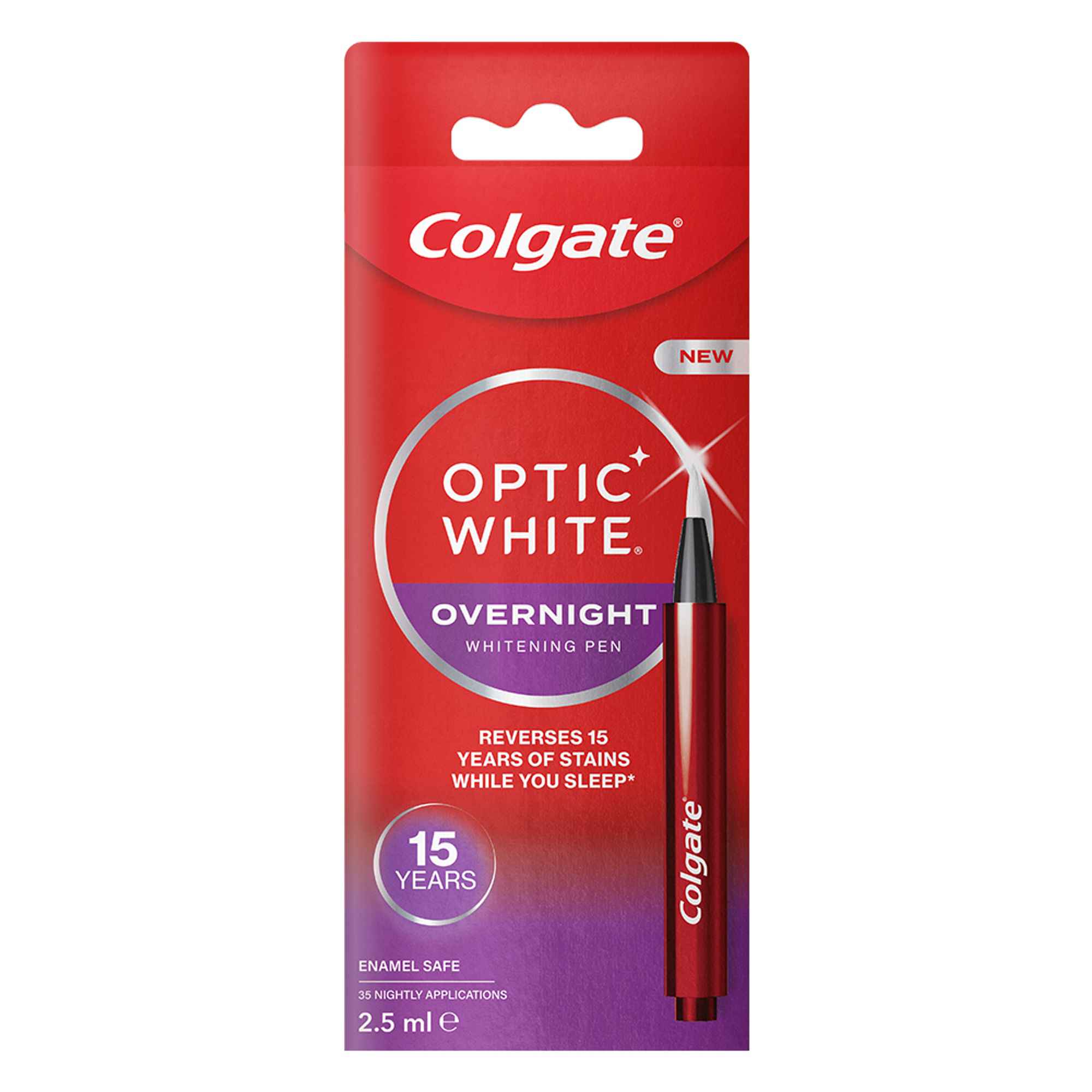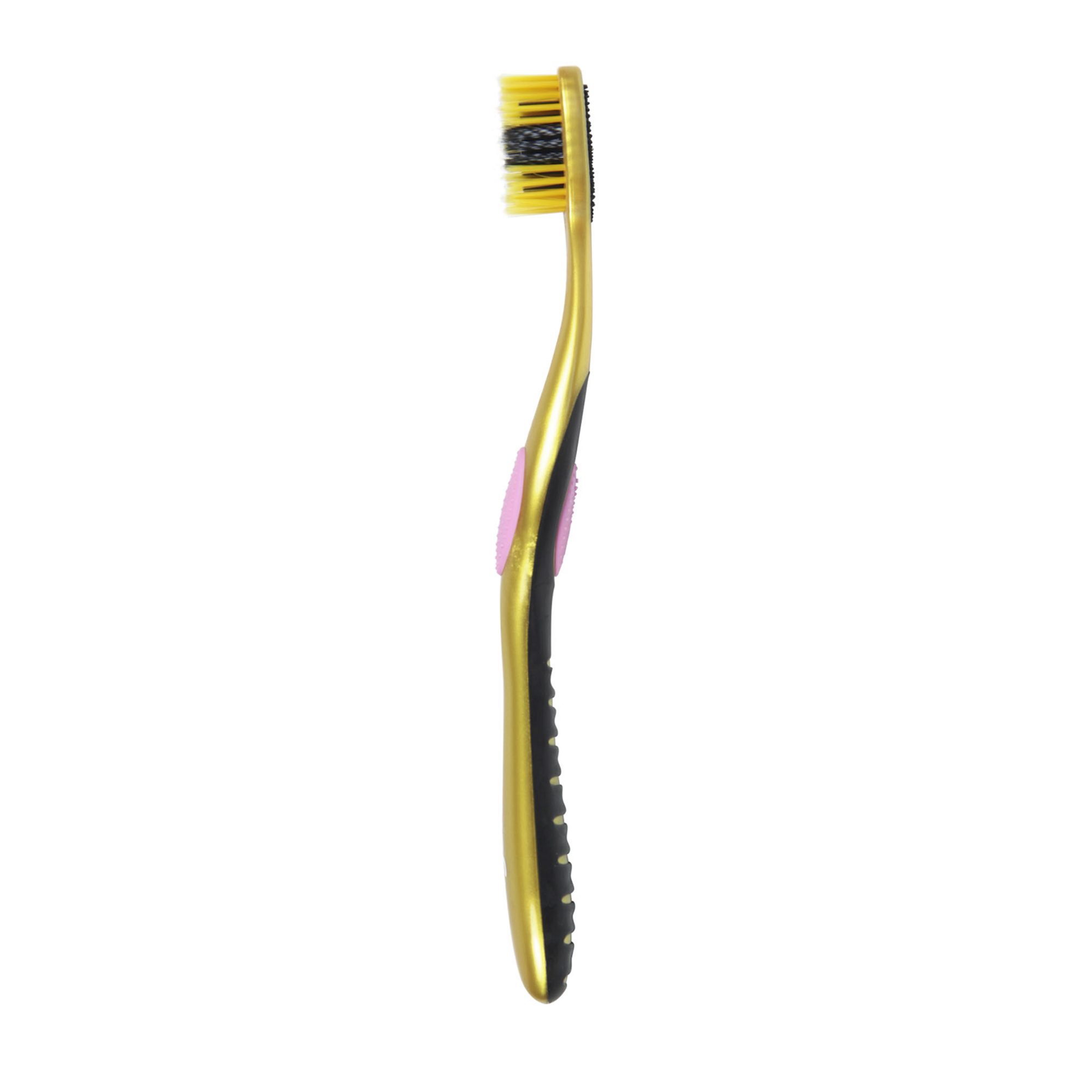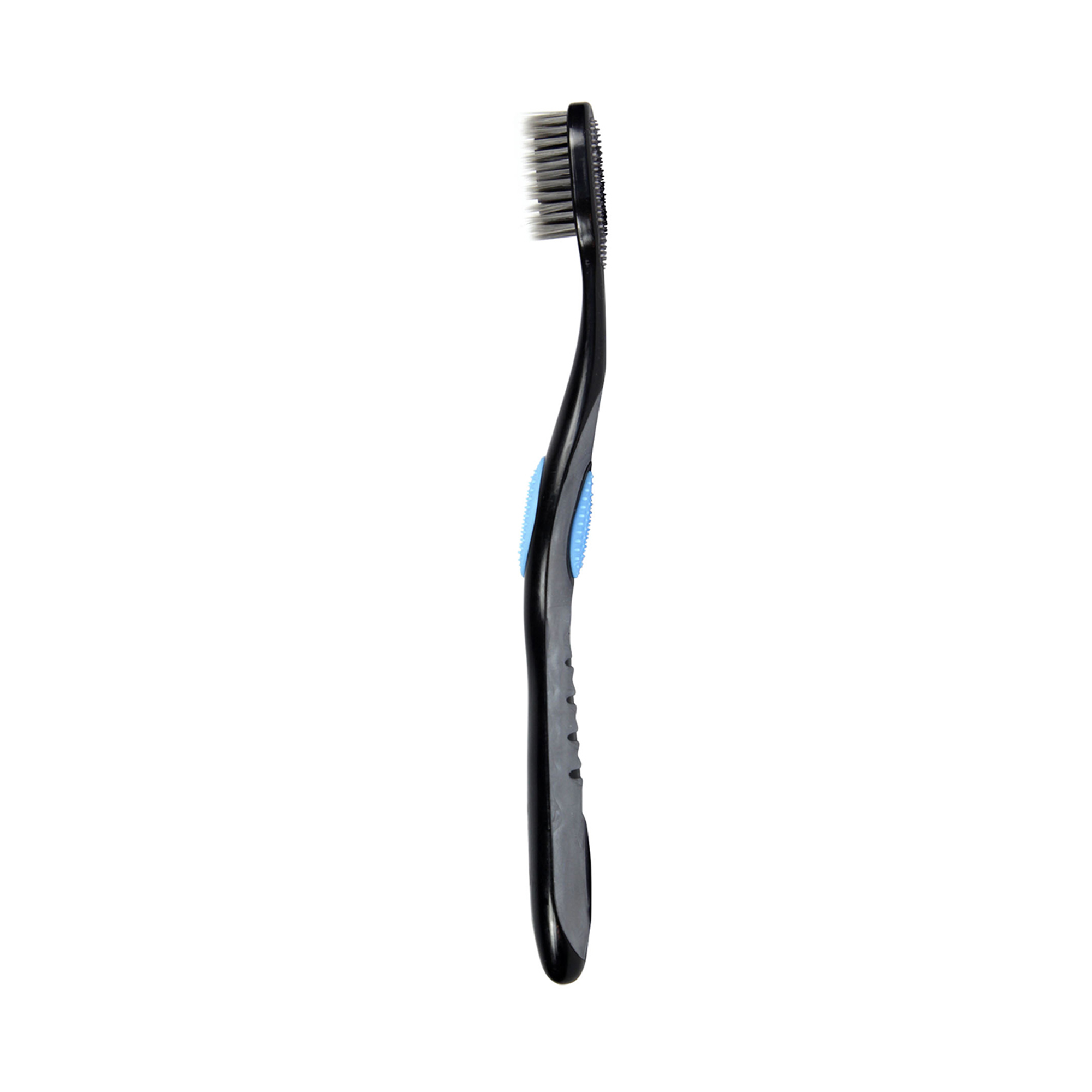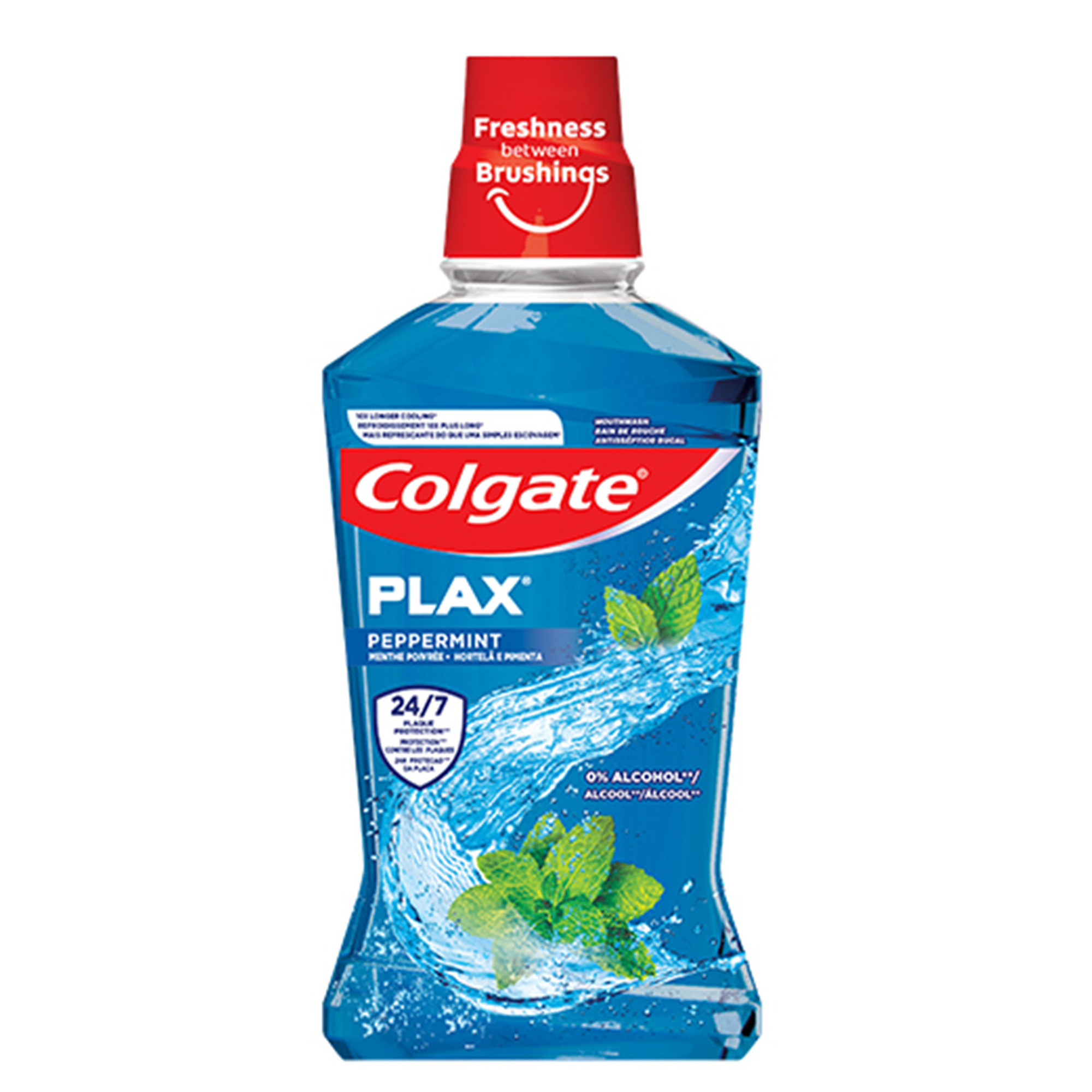-
-

NUTRITION AND ORAL HEALTH
What is Dental Public Health? A Look at How It Can HelpMany oral diseases can be prevented with routine care and regular dental checkups...

NUTRITION AND ORAL HEALTH
How to Limit the Effects of Sugar on TeethCookies, cakes, candy and sodas – everywhere you go, there are sugary treats to tempt...
-
Science & Innovation
- Colgate® | Toothpaste, Toothbrushes & Oral Care Resources
- Oral Health
- Prescription Medications and Dry Mouth


Prescription Medications and Dry Mouth
Dry mouth or xerostomia is a condition that occurs when the salivary glands of a person do not function normally, resulting in inadequate secretion of saliva in the mouth. There are three major salivary glands in the mouth and prescription medications can affect each of them. If you are taking prescription medications, please inform both your medical and dental professional of the type of prescriptions you are taking.
What Drugs Cause Dry Mouth?
More than 500 medications cause dry mouth and when multiple drugs are taken they can increase the severity of dry mouth. (1, 2) The following classes of prescription drugs that affect the salivary glands are:
- Antihistamines: Prescription drugs in this category affect the production of saliva. These may include: Benadryl, Claritin, Zyrtec, etc.
- Antidepressants: People taking antidepressants will also be affected by dry mouth. These types of drugs will affect the quantity of saliva production. These include Zoloft, Flexaryl and Elavil.
- Antiemetics: These are drugs that are prescribed to prevent vomiting and nausea in chemotherapy and radiation therapy and are also used to treat motion sickness (e. g., Anzemet, Domperidone).
- Antihypertensives: The antihypertensive medications (e.g. Albuterol aerosol, Norvasc, Prinivil) are taken for the control of blood pressure.
- Antiparkinson: The drugs in this category are prescribed to relieve the symptoms of Parkinson’s disease and other forms of Parkinson’s (e. g., Levodopa, Artane).
- Antispasmodics: These drugs are used to treat and relieve cramps and spasms that occur in the stomach, small and large intestines and the bladder (e. g., Dicyclomine).
- Antipsychotics: Drugs that are given for psychiatric disorders, anxiety and depression (e. g., Zoloft, Lexapro).
- Sedatives: This is a substance that induces sedation by reducing excitement or irritability and relieves anxiety (e. g., Amytal, Valium, Lunesta).
If you are taking any of these drugs, consult your physician and dentist to determine how you can control dry mouth. There are prescriptions and over-the-counter medications to relieve the dryness. Just ask your medical or dental professional for assistance.
References:
1 Porter SR, Scully C, Hegarty AM: An Update of the etiology and management of xerostomia, Oral Surg Oral Med Oral Pathol Oral Radiol Endod 97:28-46, 2004.
2 Sreebny LM, Schwartz SS: A reference guide to drugs and dry mouth, ed 2, Gerodontology 14: 33-47, 1997.
© Copyright 2010 Colgate-Palmolive
This article is intended to promote understanding of and knowledge about general oral health topics. It is not intended to be a substitute for professional advice, diagnosis or treatment. Always seek the advice of your dentist or other qualified healthcare provider with any questions you may have regarding a medical condition or treatment.
Related Products

Helping dental professionals
More professionals across the world trust Colgate. Find resources, products, and information to give your patients a healthier future

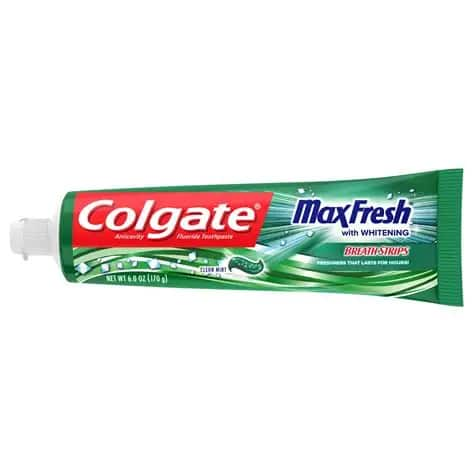
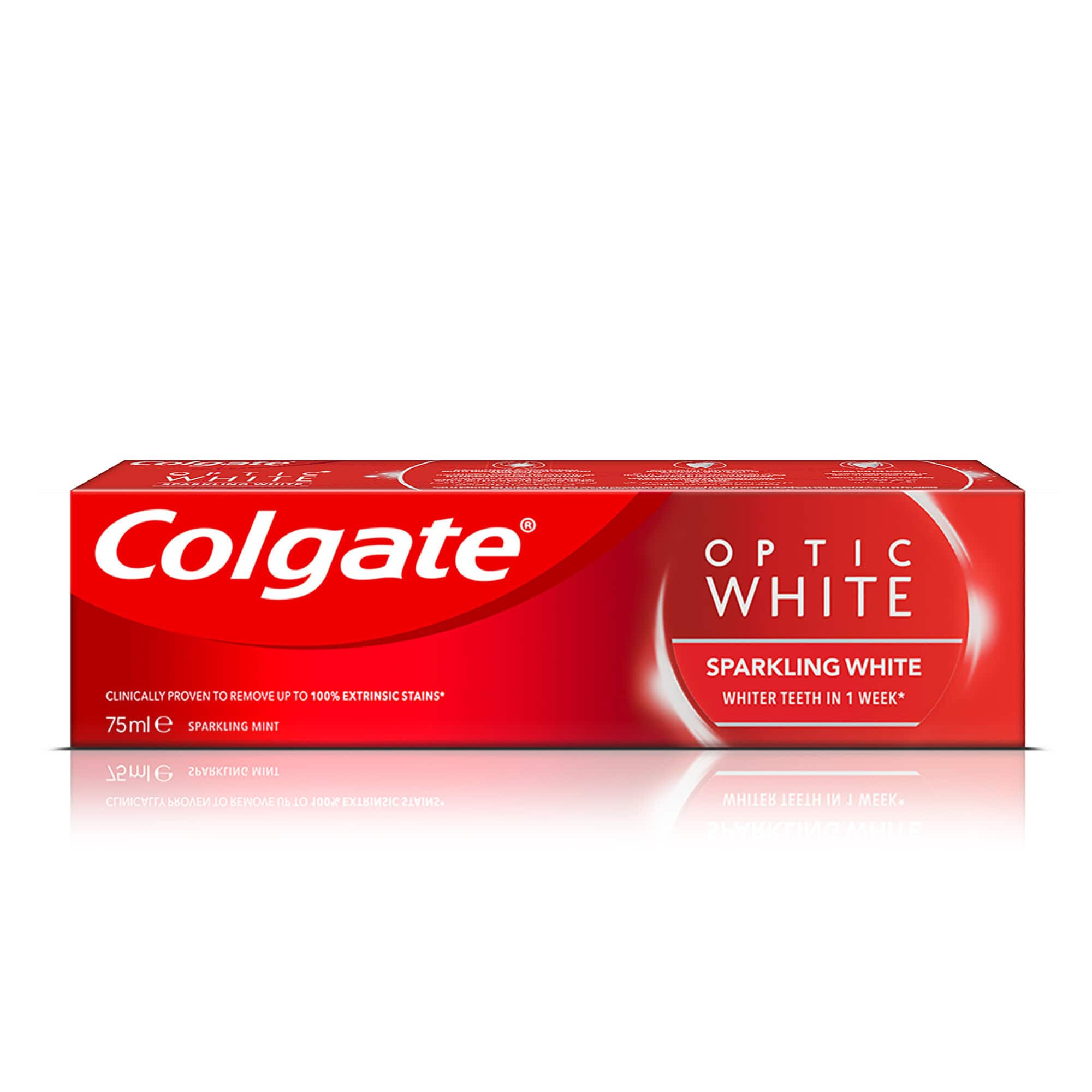
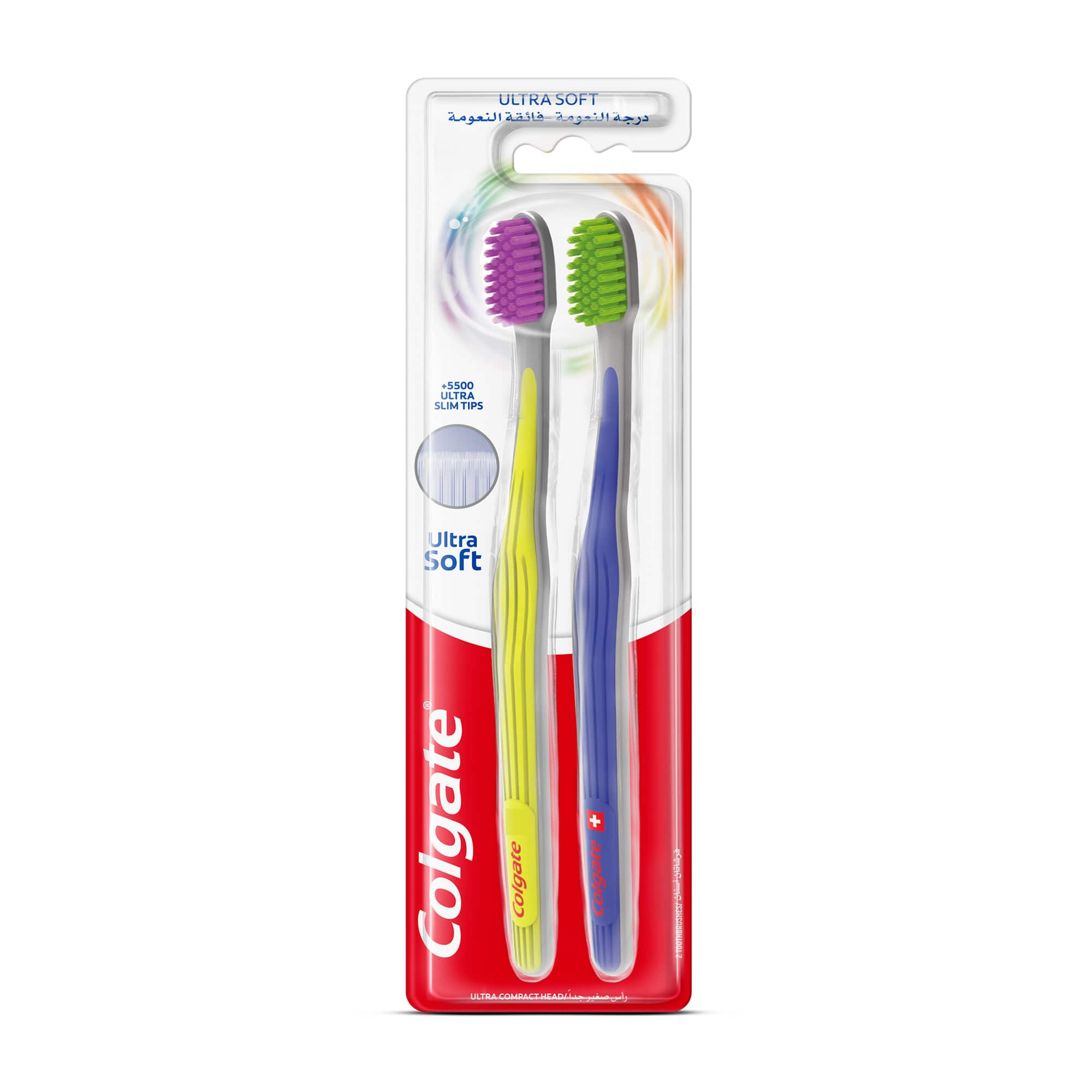
.jpg)


